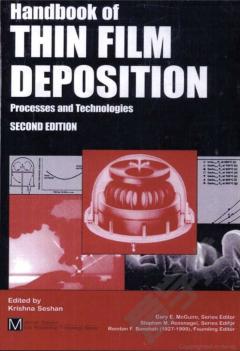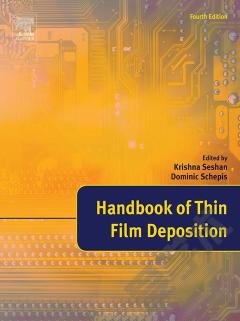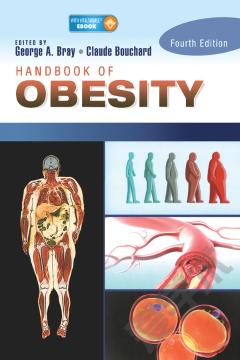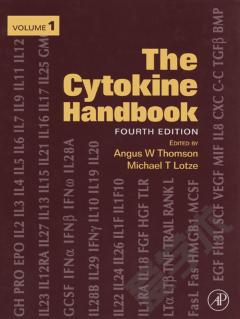Handbook of Thin Films, Five-Volume Set
This five-volume handbook focuses on processing techniques, characterization methods, and physical properties of thin films (thin layers of insulating, conducting, or semiconductor material). The editor has composed five separate, thematic volumes on thin films of metals, semimetals, glasses, ceramics, alloys, organics, diamonds, graphites, porous materials, noncrystalline solids, supramolecules, polymers, copolymers, biopolymers, composites, blends, activated carbons, intermetallics, chalcogenides, dyes, pigments, nanostructured materials, biomaterials, inorganic/polymer composites, organoceramics, metallocenes, disordered systems, liquid crystals, quasicrystals, and layered structures.Thin films is a field of the utmost importance in today's materials science, electrical engineering and applied solid state physics; with both research and industrial applications in microelectronics, computer manufacturing, and physical devices.Advanced, high-performance computers, high-definition TV, digital camcorders, sensitive broadband imaging systems, flat-panel displays, robotic systems, and medical electronics and diagnostics are but a few examples of miniaturized device technologies that depend the utilization of thin film materials. The Handbook of Thin Films Materials is a comprehensive reference focusing on processing techniques, characterization methods, and physical properties of these thin film materials.
{{comment.content}}








 京公网安备 11010802027623号
京公网安备 11010802027623号